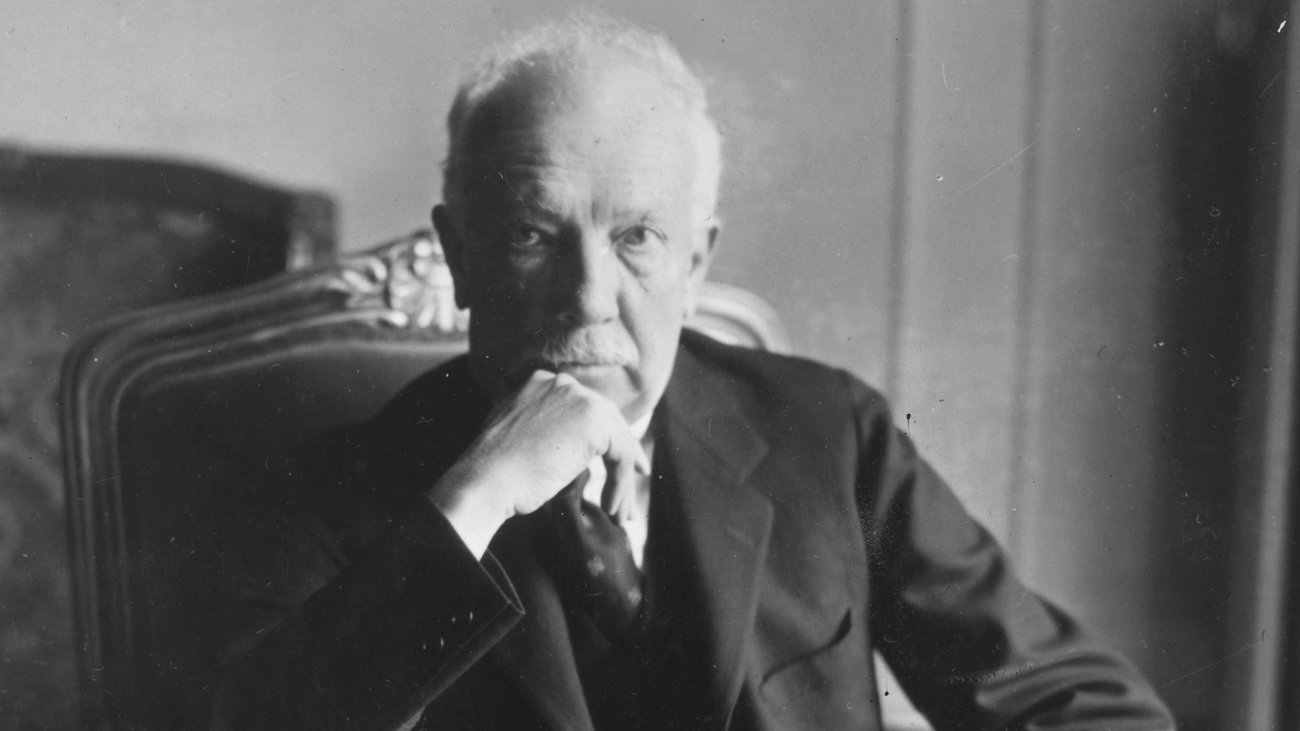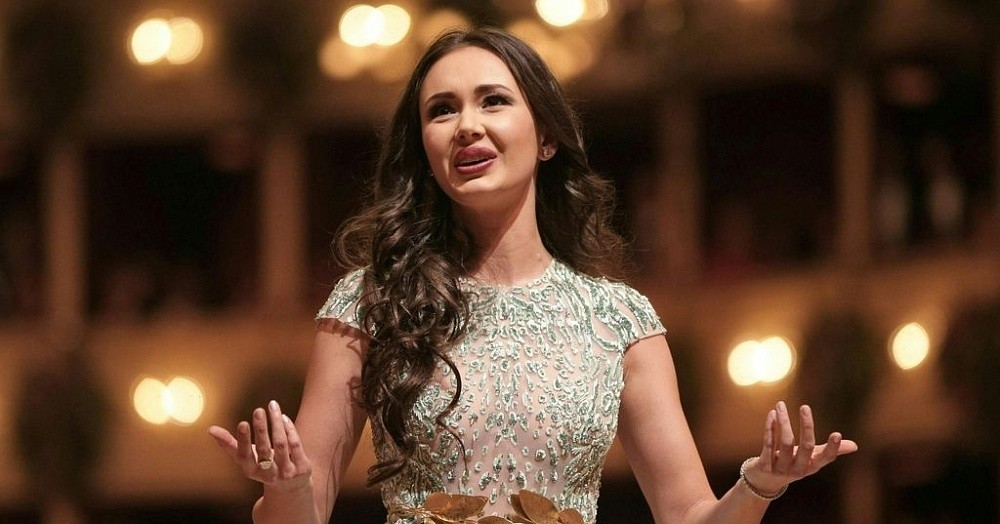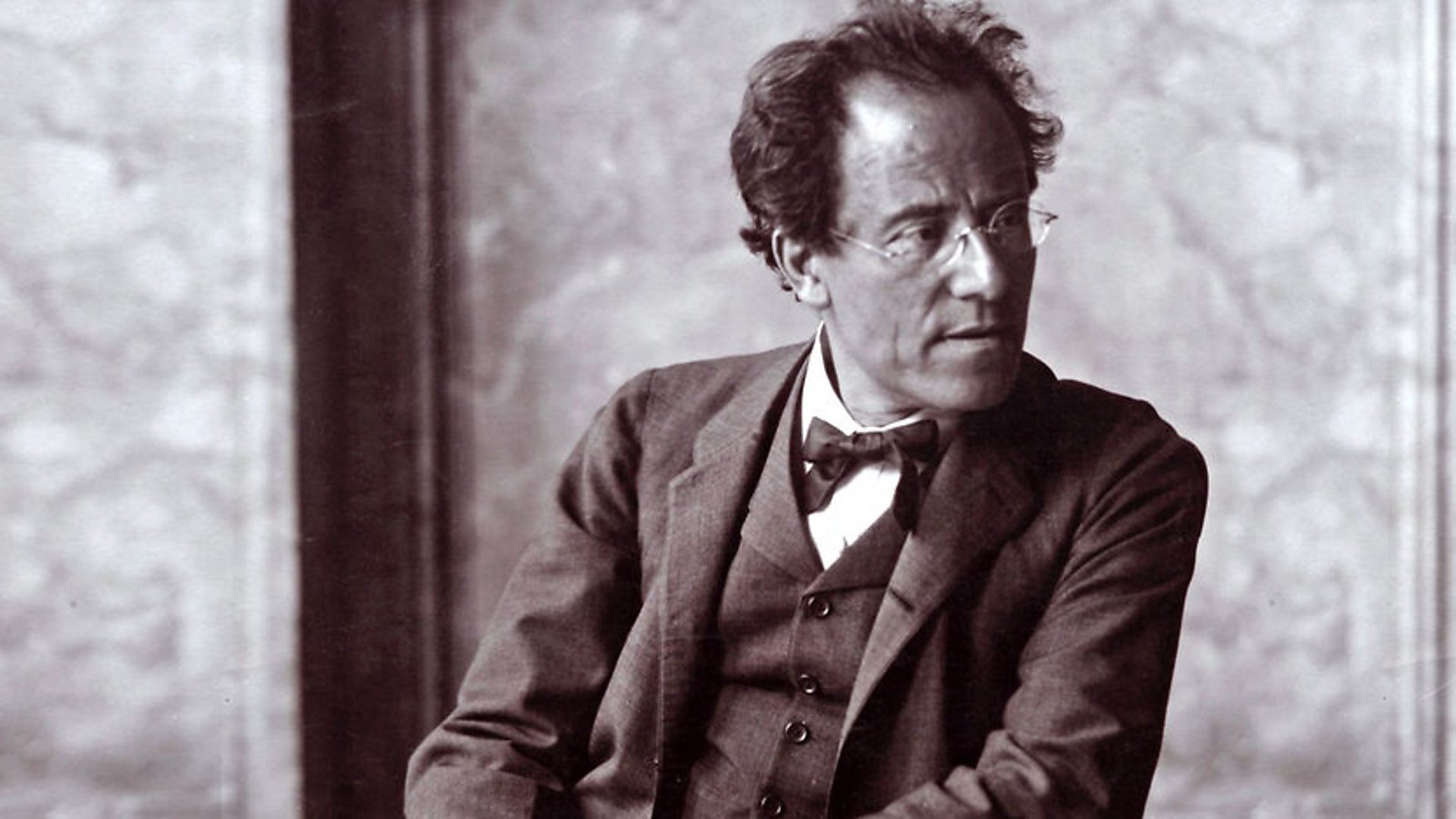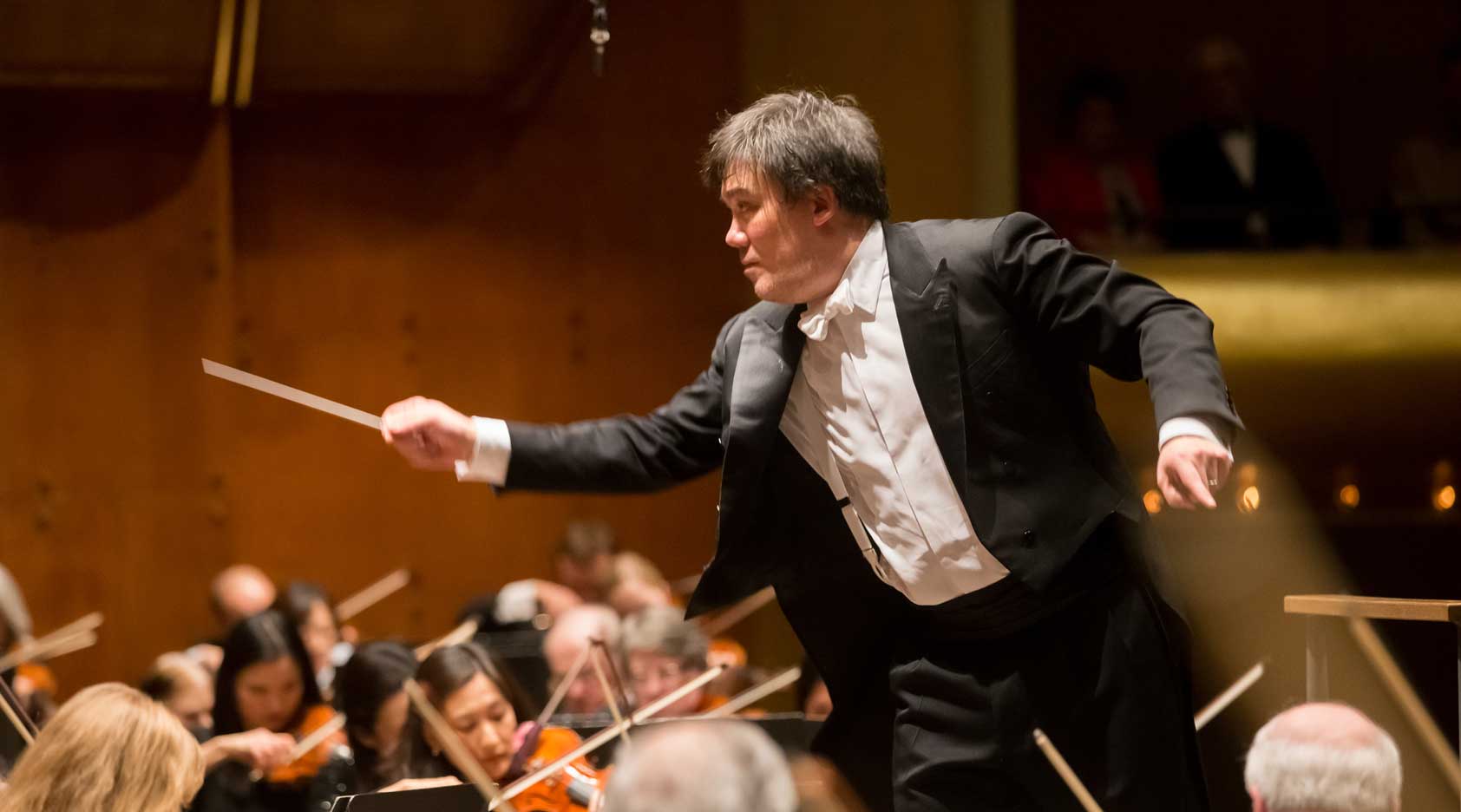Strauss’ “Ein Heldenleben”: Beyond Autobiography
On one level, Richard Strauss’ 1898 tone poem, Ein Heldenleben, Op. 40 (A Hero’s Life), is a musical autobiography. Filled with unflinching bravado, it ventures where few pieces dare to go, casting the composer as hero. In terms of sheer volume and virtuosity, it pushes the orchestra to its limits. (At one point, the violins must tune the lowest string down to G-flat to artificially extend the instrument’s range a half step below the open …







